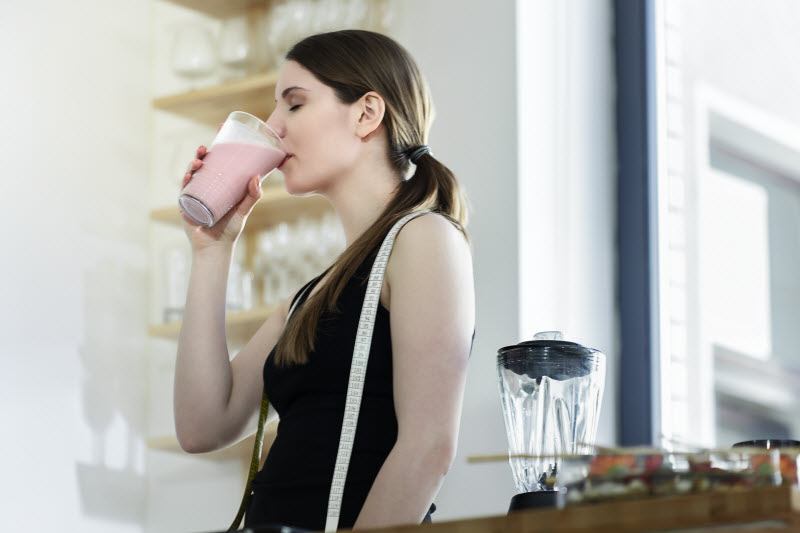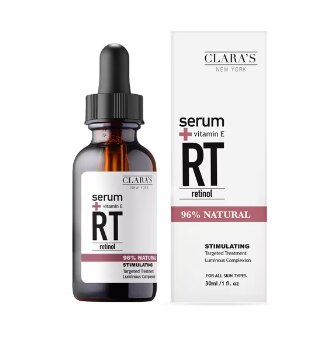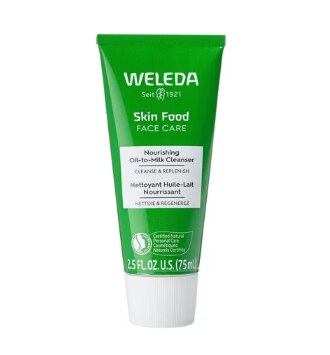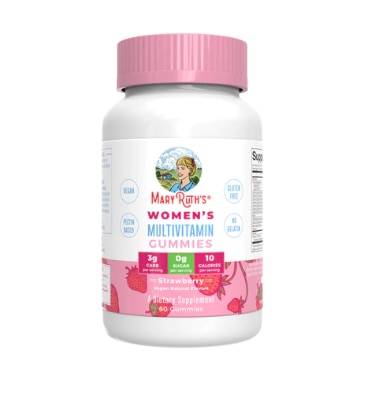Losing weight changes more than your thighs and waistline. What you eat or don’t eat affects your body’s biggest organ: your skin.
“Weight loss can be tricky, finding that perfect balance of calories, nutrients and hydration,” says Katie Breazeale, RD, a registered dietitian based in Texas, who specializes in weight management. “Depending on the diet, it can take a toll on your skin.”
Conversely, if you diet smartly, your skin will be rewarded. “The upside when trying to lose weight is higher protein — hello stronger elasticity,” Breazeale says. “And increased water — more youthful-looking skin, where do I sign up?”
Why your skin looks the way it does
Both internal and external factors affect your skin’s health and how it ages.
Internal factors are things like hormones and your genes, which you don’t have a whole lot of control over. External factors are things like exposure to ultraviolet radiation and what you eat, which you have more control over.
If you plan to go on a diet and want to do right by your skin, consider what science shows about the relationship between what you eat and your outer sheath:
A high-fat diet increases wrinkles, dryness and sagging
We’re talking mainly “bad” fats here, not the good polyunsaturated and monounsaturated fats you find in plant-based foods such as nuts, seeds and olive oil.
“Greasy bad-for-you fats cause inflammation in the body and tamper with the skin’s natural functions,” Breazeale says. “The high-fat diet can increase skin oxidative stress, which increases wrinkles, dryness and sagging of the skin. Dehydrated skin can occur full-body, not just on the face.”
An inflammatory diet can also worsen eczema symptoms, among other conditions.
Spicy food can trigger rosacea
Maybe your weight-loss strategy is to lean toward spicy meals so you’ll eat less because your mouth is on fire. Or you figure that spicing up your weight-loss regimen will make meals tastier to keep you on track. Those tactics might work in your favor when it comes to slimming down. But know that spicy foods can trigger rosacea, Breazeale says.
Protein is key for preventing wrinkles and reducing age spots
“Protein is best known for muscle-building, but it also affects the appearance of your skin by preventing wrinkles and reducing age spots,” Breazeale notes. “You want 25 to 30 percent of your daily calories to be from protein. Great sources of protein include Greek yogurt, chicken, pork, fish, beans and legumes, and cheese.”
protein as wrinkle reducer
Collagen, a structural protein that your body produces, improves your skin’s strength and elasticity. It also adds moisture to your skin “thus making it appear more youthful,” Breazeale explains. Your body produces less and less collagen as you age, especially after menopause.
That said, certain protein-rich foods can help your body produce collagen because they contain the amino acids that make collagen: glycine, proline and hydroxyproline. Fish, poultry, meat, eggs, dairy, legumes and soy fit the bill. But you also need micronutrients, including zinc and vitamin C, in order to promote collagen production. Shellfish, legumes, meats, nuts, seeds and whole grains have zinc. Citrus, berries, leafy greens, bell peppers and tomatoes have vitamin C.
protein as age-spot preventer
A diet high in protein (and low in refined sugar) prevents glycation, which is when sugar “binds to our fabulous skin proteins, such as collagen, and enhances the aging process,” Breazeale says. “Build-up reflects on our skin as brown spots, better known as ‘age spots.’ ”
The best skincare tips to avoid the negative side effects of dieting
Any exaggerated food-intake strategy will tax your skin (and other body parts) — remember what Breazeale said too much fat will do! And witness: A diet that overemphasizes animal protein can increase your risk of getting osteoporosis, plus it strains your liver. Even plant protein can get you in trouble; a diet with too much of it can cause your kidney to work too hard.
So stay within reason, take your time shedding pounds, and follow these three moves for luminous skin:
Hydrate
Staying hydrated encourages your skin to look softer, smoother and more youthful.
Eat fruit
“Fruit gets a bad rap because of being a carb but has some of the best nutrients for the skin,” Breazeale says. “Think antioxidants, vitamins and water content.”
Keep up your vitamin intake
“Don’t forget the vitamins!” Breazeale says. “Sometimes dieting can be restrictive, and we miss out on certain vitamins. Vitamins A, E and C are three top vitamins for having beautiful skin.”
Also, vitamin B helps regulate skin inflammation and pigmentation, vitamin D reduces skin DNA damage and inflammation, and vitamin E prevents skin aging in general.
If your diet is low in fruit, leafy greens and seeds, consider a multivitamin to help make up the difference, Breazeale suggests.
Bottom line
The Mediterranean Diet is among the best around. It’s actually a way of eating, not a “diet” per se — but if you want to lose weight, follow its guidelines, and you’ll get there nonetheless. It puts a heavy emphasis on fresh produce and lean fish, along with whole grains and beans.
“If your diet is limited in processed foods and sugar and high in protein, fruits and vegetables, plus has adequate hydration, your skin will reflect this healthy way of eating,” Breazeale says.




